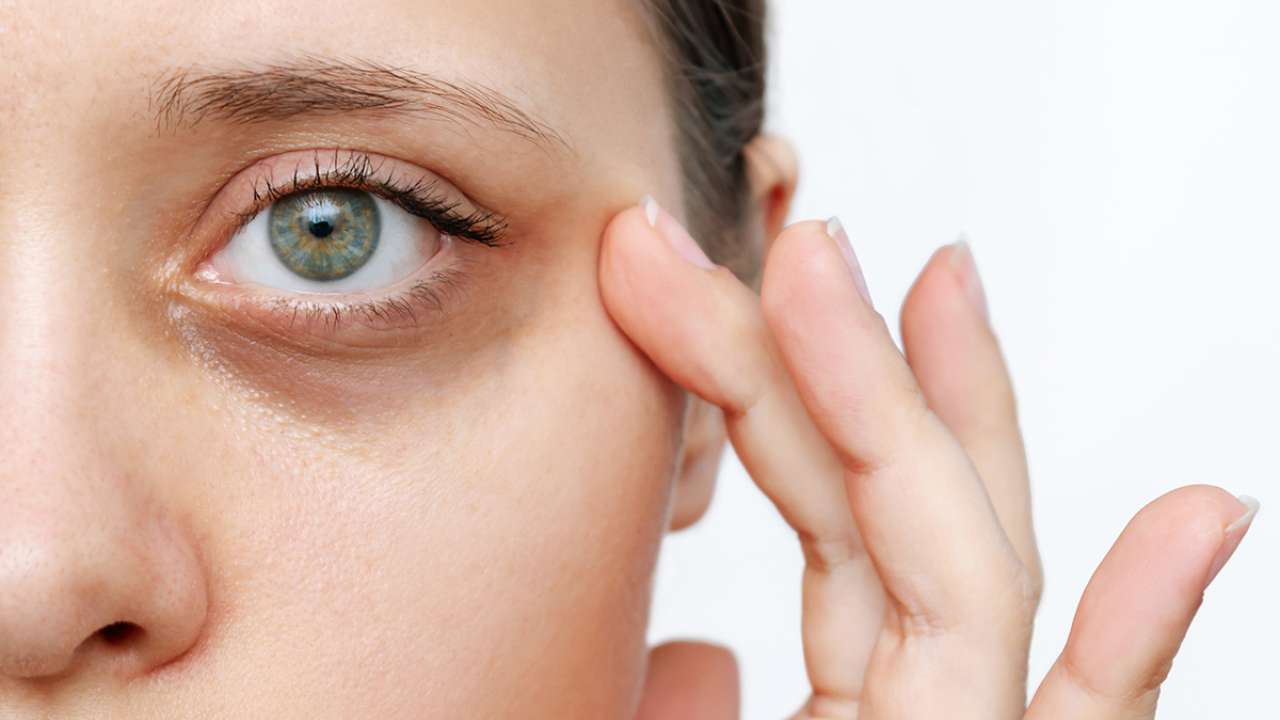Dear Doctors: What causes dark circles under the eyes? I have always had areas of darker skin under my eyes, but as I'm getting older, it has been getting more noticeable. Could it be something to do with sleep, or with my diet?
Dear Reader: Having dark circles under the eyes affects people of all ages. It can cause someone to be perceived as being tired, sad or even ill. In most cases, it's a cosmetic issue and doesn't pose a threat to health. It is possible, though, for the appearance of darker skin in the area under the eyes to arise from an existing health problem. This can include asthma, allergies, poor circulation, hormonal shifts, malnutrition, anemia and diseases that affect the liver or kidneys. Certain medications can also contribute to the appearance of darker skin beneath the eyes.
When dark circles don't arise from health issues, other factors may be at play. A primary cause has been found to be heredity. That is, the genetic information someone inherited from their parents causes the skin beneath the lower eyelid to be darker than the surrounding skin. If your parents or siblings have darker skin beneath their eyes, it is more likely that you will have or develop it as well. Facial structure, where someone has a deep or pronounced depression beneath their eyes, can cause a shadowing effect. So can sudden or significant weight loss and age-related changes to the face. Lifestyle issues such as having a poor diet, not getting enough sleep and chronic or excessive tobacco or alcohol use can also play a role.
Treatment options depend on the specific cause. When hyperpigmentation is present, a class of drugs known as retinoids can be helpful. These are derivatives of vitamin A. They fall into a category known as cosmeceuticals, and they can have some side effects. Retinoids have an exfoliating effect on skin. They can cause dryness and increase sensitivity to sunlight. Another popular cosmeceutical is hydroquinone, which interferes with melanin production. It can cause irritation, inflammation and, in some people, an allergic reaction.
Pulsed light in the form of lasers is increasingly used to treat dark undereye circles. These treatments can be costly and, depending on the specific type of laser, also come with potential side effects and complications.
When dark circles do not arise from genetics, lifestyle changes can help. None of these are revolutionary -- we know you've heard them all before. But the list gets repeated because, when adhered to, they can make a difference. Make sure to get enough sleep. Limit alcohol and avoid tobacco. Watch your intake of salty foods, particularly ultra-processed foods, which contribute to swelling. The skin beneath your eyes is thin and delicate, so be gentle. Rubbing your eyes can stretch the skin and damage to the fragile capillaries that supply food and oxygen to the underlying tissues. Makeup and concealers are also tried-and-true options.
Whatever the approach, stay realistic. You are lessening the appearance of dark circles, but probably not eliminating them.
(Send your questions to askthedoctors@mednet.ucla.edu, or write: Ask the Doctors, c/o UCLA Health Sciences Media Relations, 10960 Wilshire Blvd., Suite 1955, Los Angeles, CA, 90024. Owing to the volume of mail, personal replies cannot be provided.)





